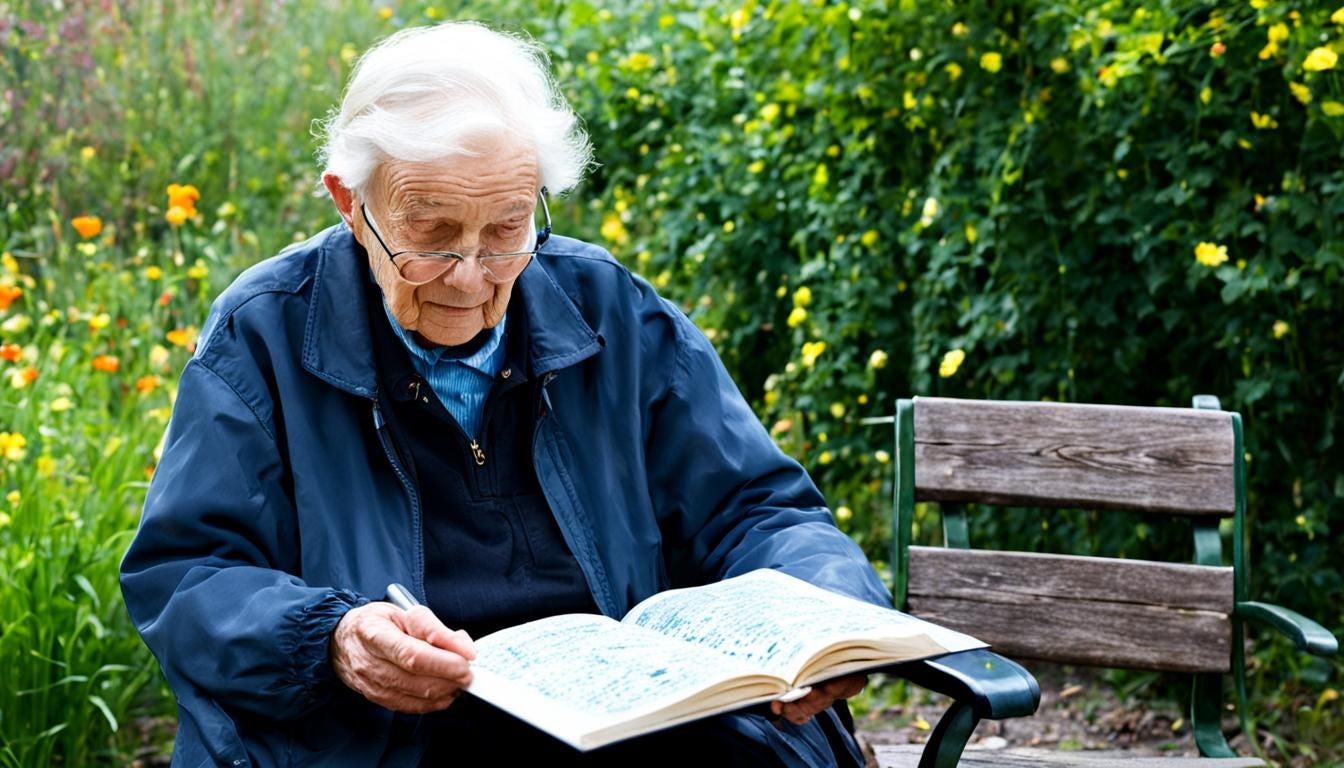The Sylvia Plath Prerequisite: Do You Need a Tragic Backstory to Be a Great Poet?
Congratulations on the well-adjusted upbringing. You've just failed the first test of poetic greatness. Or have you?
There's a persistent, darkly romantic myth in our field: the Cult of the Tortured Artist. We picture Poe, drunk in a gutter; Plath with her head in the oven; Sexton and Berryman, brilliant and doomed. We read their harrowing work and a quiet, terrible thought takes root: Is this the price of admission?
Aspiring poets scroll through online forums and see the raw, bleeding verse of their peers, often accompanied by discussions of deep depression or profound trauma. It’s enough to make one look back at their relatively stable childhood, loving parents, no major catastrophes, a decent relationship with carbs, and feel a sense of poetic inadequacy. Am I too... well-adjusted for this?
Let's first acknowledge why the trope exists. Poetry, at its core, is often an attempt to give language to the unspeakable. It is a container for chaos. Those who have experienced significant trauma or wrestled with mental illness have, in a sense, been to the edge of human experience. They’ve stared into the abyss, and their reports from that territory are often compelling, urgent, and visceral. A heightened sensitivity to the world, which is both a prerequisite for poetry and a common trait in those with mental health struggles, provides an endless supply of raw material.
But we must be incredibly careful not to romanticize this. Mental illness is not a career strategy. It is a debilitating, life-threatening condition, not an artistic accessory. The idea that you must suffer to create is one of the most damaging lies we tell ourselves. It chains creativity to pain and suggests that wellness is the enemy of art.
For every Plath, there is a Mary Oliver, whose genius came from a place of profound, almost cellular, attention to the natural world. For every Berryman, there is a William Stafford, who wrote a poem every day with the quiet discipline of a craftsman, his work suffused with a gentle, Midwestern wisdom. Their pain was not the subject so much as the lens, and often the subject was joy, observation, or quiet contemplation.
The true prerequisite for being a poet is not trauma, but sensitivity. It is the ability to feel things deeply, whether that "thing" is a global injustice, a devastating heartbreak, or the way the light hits a dust mote in a quiet room. The poet's job is to process experience, all of it, and alchemize it into language. Pain is a powerful catalyst, but so are wonder, love, and relentless curiosity.
The Verdict: Your happy childhood does not disqualify you. Your lack of a dramatic, tear-soaked backstory is not a liability. The only prerequisite is an open, trembling nerve ending to the world. Do not covet another's suffering. The poet's real task is not to be tortured, but to pay attention. The rest is just noise.
Has the "tortured artist" myth ever made you feel inadequate or, conversely, pressured you to lean into your own pain? Let's untangle this in the comments.






“Mental illness is not a career strategy.” Hehe
One of my influential mentors would sometimes say, “Farts ain’t art” when he was asking for more craft, articulation and effort. Unfiltered analysis, for sure. I have some distain for greeting card gladness myself. There are treasure troves of happy, playful, teasing poetic celebrations out there just as worthy of the page as ones of darker revelations. I’m willing to read/inhabit it all!